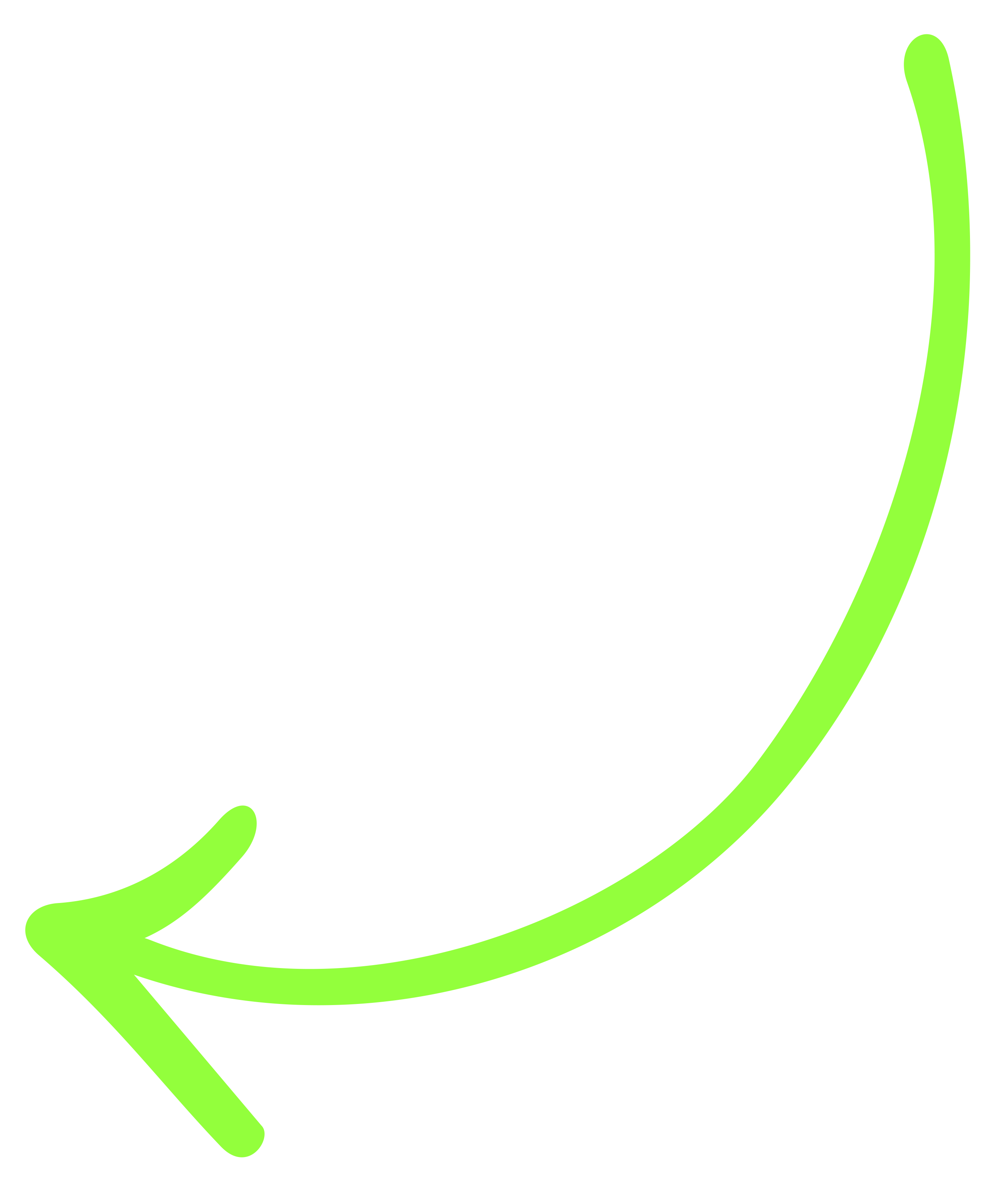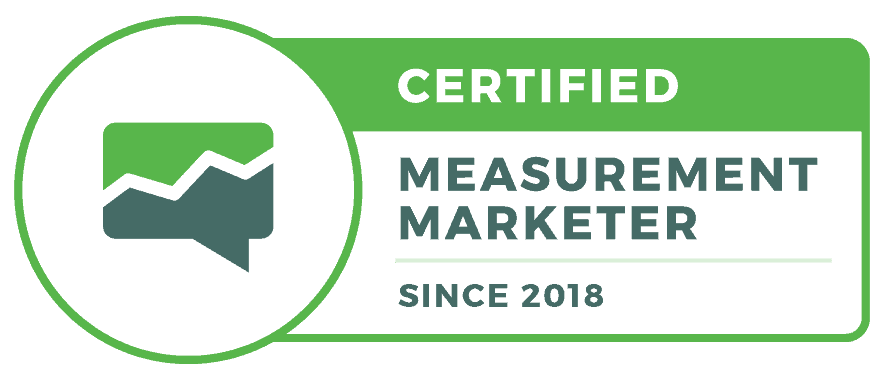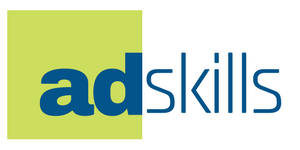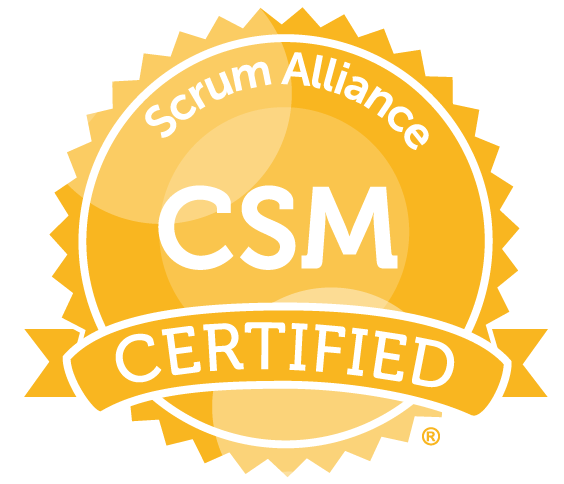What is a Hypothesis?
At its simplest, a hypothesis is an assumption that you make that can be validated or invalidated through testing. It’s an idea you propose before you use data to examine whether or not that idea is actually true.
One way to think about the hypothesis is as a way to frame your expectations. Simply asking yourself what you expect from an experiment can formulate your hypothesis for you. It’s an exercise we do at work every day, standardized so it can be used as a way to frame your conversion rate optimization.
Look back through history, and you’ll find hypotheses used throughout some of the most important developments in both science and philosophy. Plato first described the process of “investigating from a hypothesis” in mathematics, while Galileo proved the earth’s rotation on the basis of an initial educated guess to be tested further. Modern scientific hypothesis testing as we know it was first introduced in the 1920s by Jerzy Neyman and Egon Pearson.
Why is a Hypothesis Important?
Your hypothesis matters because it’s the first step in CRO. It helps you set clear expectations for your test, making it easier to build a strategy that can accomplish them. Your hypothesis also allows you to sum up your testing strategy to stakeholders; telling them the initial assumption or expectation makes any experiment much easier to understand.
Finally, your hypothesis can validate your CRO tests after the fact. Once you have the results, you can go back to either validate or invalidate your assumption, ensuring that every test leads to a clear outcome and learning for your CRO strategy.
How to Write a Hypothesis
Browse the internet for hypothesis tutorials, and you’ll find as many approaches as search results. But here’s the most important piece of advice I can give: don’t overcomplicate things. The word may sound fancy, but the format actually works best when it’s both straightforward and easily replicable.
That’s why we use this simple statement to build any testing hypothesis, regardless of the exact situation:
- If [the change you are making], then [accomplishing the main KPI], because [behavioral hypothesis].
Use a tool like TextExpander, which helps you keep the same framework in place every time you write a hypothesis.
- (I use TextExpander so it’s easy to keep the same framework every time I write one 🤓
Examples of Well-Written Hypotheses in CRO
An almost infinite number of hypotheses can be built to create your CRO tests. Here are just a few of the many examples to help you get started:
- If I add an action verb to this call to action button, then the conversion rate will improve because users respond to more actionable language.
- If this website includes personalization, then time on the page will increase because users will feel that the content is more relevant to them.
- If I include a client testimonial on this landing page, then conversions will increase because users respond well to social proof.
Of course, there are countless other potential examples. The key is following this consistent pattern to make the hypothesis easy to understand and follow in the testing process.
The Nuance of the Null Hypothesis
This wouldn’t be a complete guide to hypotheses without a discussion of one special case: the null hypothesis. This describes an assumption or educated guess that the results or KPI won’t change as a result of the test.
For example, a null hypothesis might state that changing the headline of a web page will not impact its conversion rate. The goal now becomes to prove the hypothesis wrong, representing a shift in mindset that ultimately leads to the same or similar learnings.
Put simply, your hypothesis is a key component of any CRO strategy and execution. The good news: you don’t have to build it on your own. Get in touch for help in getting started, or use our A/B test calculator to plan your next experiment.







